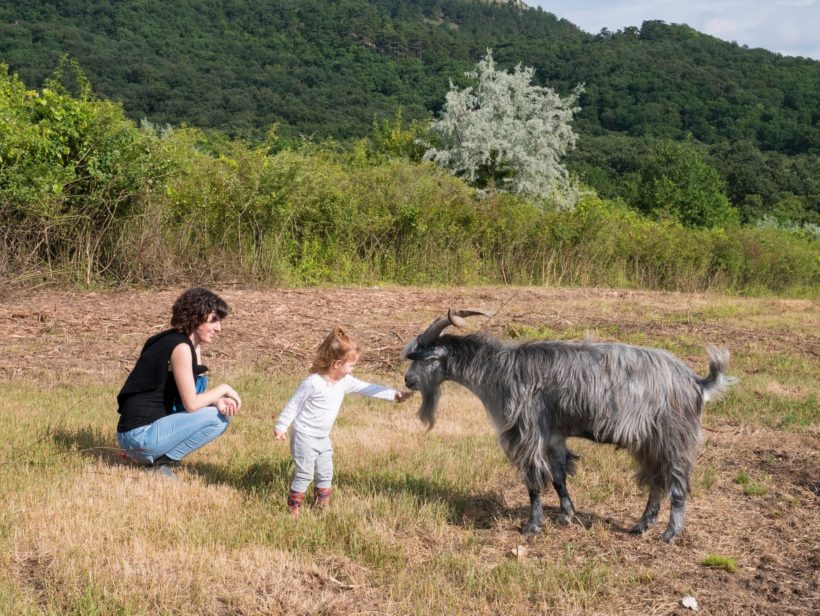Fear is the bodily and/or psychological reaction to a thought that arises in the brain, based on past or imaginary experiences, when faced with the projection of the occurrence of an undesired event. It is an adaptive response for survival on the long road of evolution.
In the 21st century, the basic needs for survival are met, yet fear remains a highly prevalent social emotion. The threats to which our ancestors were exposed were known and life adapted to that reality. In the present, fear – as the basis of the survival instinct – has been replaced by distrust and fear of change. The paradox of this is that we are increasingly dependent on other people and that change in today’s society is the only certainty we have.
In most cases, fear generates anguish and paralyses not only the body but also the mind. On the contrary, those who manage to face their fears push the boundaries of imagination and action. That is moving forward on the road to freedom.
Facing fears means entering the realm of reason, it is daring to question what we believe, what we are and what surrounds us, not to reaffirm our fears, but to open ourselves to discover their origins and the new worlds to which we are exposed on a daily basis. In this respect, social networks and their algorithms are designed to reaffirm our fears, rather than to break down self-imposed boundaries.
Children are born free of fear. They learn to walk, to fall and to speak without fear. Above all, they begin their lives without fear of the unknown or questioning their surroundings. It is precisely this critical thinking that allows them to learn with astonishing speed. Unfortunately, this capacity is being lost as we move into the adult world, where the formal education system plays a decisive role in limiting our capacity to surprise, curiosity and creation. Teaching/learning methodologies are focused on cognitive subjects, leaving in a distant second place the development of socio-emotional skills necessary to face the changes that have become a constant in our lives.
In education, we have the challenge of developing the skills for children and young people to replace fear with confidence and, to this end, all education professionals must be examples of empathy and leaders in participation, the latter understood as the new coexistence in these times, and always supported by a structure of incentives that balances all the areas contemplated in the National Curriculum.
Investing in quality education is the greatest act of social transformation and its main contribution must be to generate the conditions for each child and young person to deepen the bonds of trust, because having the skills to face fears will open doors to greater freedom, the freedom to live, create, innovate and share.










